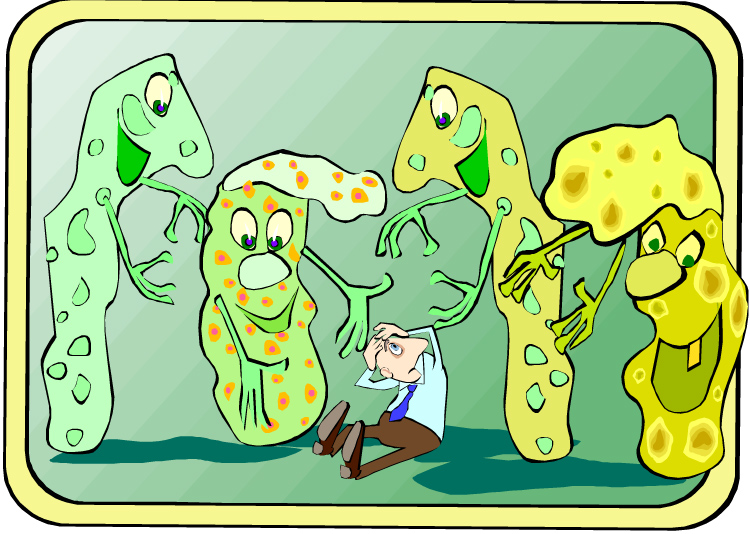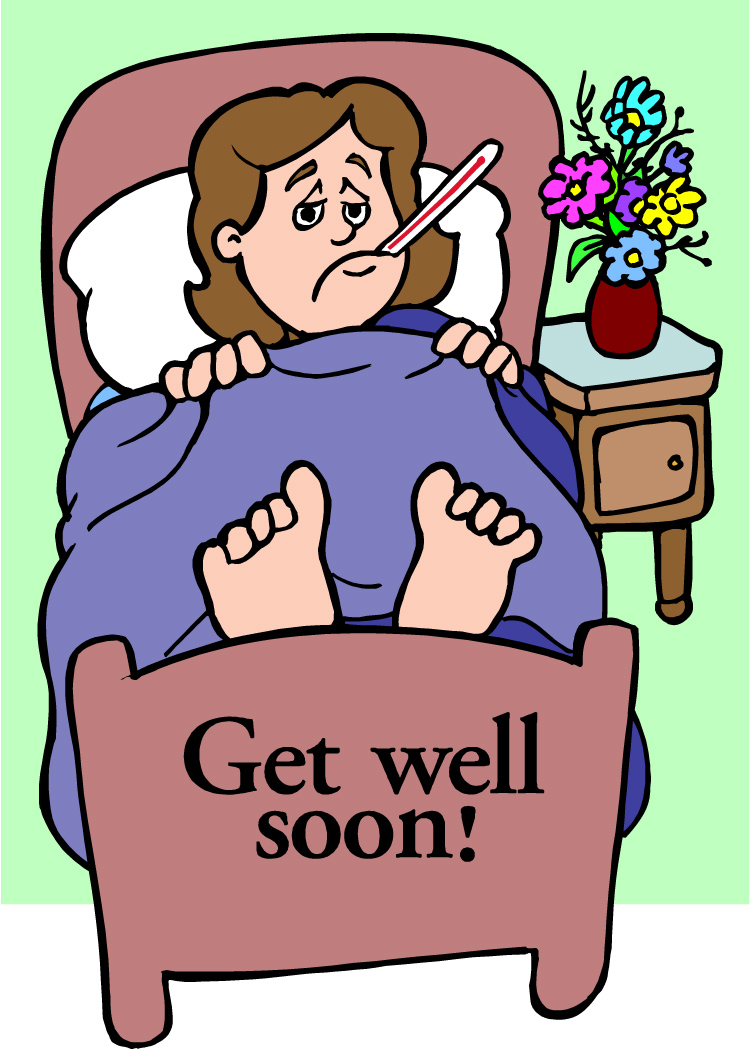
James 5:7, 8, 10, 11. The Lord. This passage is another proof of the deity of Yeshua, for here, amazingly, James who is believed to be the biological half brother of Yeshua, equates Yeshua with YHVH of the Tanakh (Jas 5:7, 8, 10, 11). This is evident in his usage of the word “Lord” where he equates the Lord Yeshua (verses 8 and 10) with the LORD (or YHVH) of the Tanakh (verses 10 and 11).
James 5:7–9. The Lord is at hand. This scripture passage along with others by Paul, James and John clearly indicates that the apostolic writers when writing these passages (i.e. prior to AD 70, the fall of Jerusalem and the destruction of the temple) viewed the second coming of Yeshua as imminent, and was not far off in the future. (See also 1 Cor 15:52; 1 Thess 4:14–15; Rom 13:11; 16:20; cp. 1 John 2:18.) The imminence of Yeshua’s second coming may have been based on a misunderstanding of Yeshua’s own words in his Olivet Discourse where he talks about the events announcing his second coming falling on “this generation” (Matt 24:34, 36). From this passage in Matthew, it’s not readily understood to which generation he is referring—that one, or another off in the future, or both. It appears that the apostles applied his words to their generation.
James 5:16, Confess your faults/trespasses. Faults is the Greek word paraptoma means “to fall beside or near something, a lapse or deviation from truth and uprightness, a sin, misdeed or a sin committed through ignorance or thoughtlessness.” This is in contrast to the Greek word hamartia, which is the generic word for sin and means “to miss the mark, to err, be mistaken, to miss or wander from the path of uprightness and honour, to do or go wrong, to wander from the law of God, violate God’s law, sin, that which is done wrong, sin, an offence, a violation of the divine law in thought or in act, collectively, the complex or aggregate of sins committed either by a single person or by many.” In 1 John 3:4, the classic verse where sin is defined as lawlessness or Torahlessness, the apostle uses the word harmatia. Similarly, in Matt 18:15 where Yeshua instructs the saints on what to do “if your brother sins against you,” the word for sin is hamartano, the root word for harmatia. Paraptoma seems to indicate a less egregious sin than harmatia. If so, the verse in Song 2:15 comes to mind, “Take us the foxes, the little foxes, that spoil the vines: for our vines have tender grapes.” It is often seemingly the “little sins and offenses” that more often damage relationships between the saints, rather than the major sins. These need to be dealt with on an on-going basis by keeping short accounts between brethren by regularly confessing your sins one to another as James suggests in this verse. Not only will doing this smooth over the waters of troubled relationships, but it will help to still the unsettled waters within a person’s own conscience, inner man or personal spirit. In so doing, this will help to purify one’s spirit, thus unclogging or opening up the spiritual pathways or river of life, between the individual and Elohim resulting in the receiving of more answered prayers and divine revelation as well as greater overall all victories and fruitfulness in one’s spiritual life and ministry. Sins, offences and faults committed against brethren can hinder us in our spiritual walk and impede our relationship with our Heavenly Father.
Therefore if thou bring thy gift to the altar, and there rememberest that thy brother hath ought against thee; leave there thy gift before the altar, and go thy way; first be reconciled to thy brother, and then come and offer thy gift. (Matt 5:23–24)
Likewise, ye husbands, dwell with them according to knowledge, giving honour unto the wife, as unto the weaker vessel, and as being heirs together of the grace of life; that your prayers be not hindered. (1 Pet 3:7)







